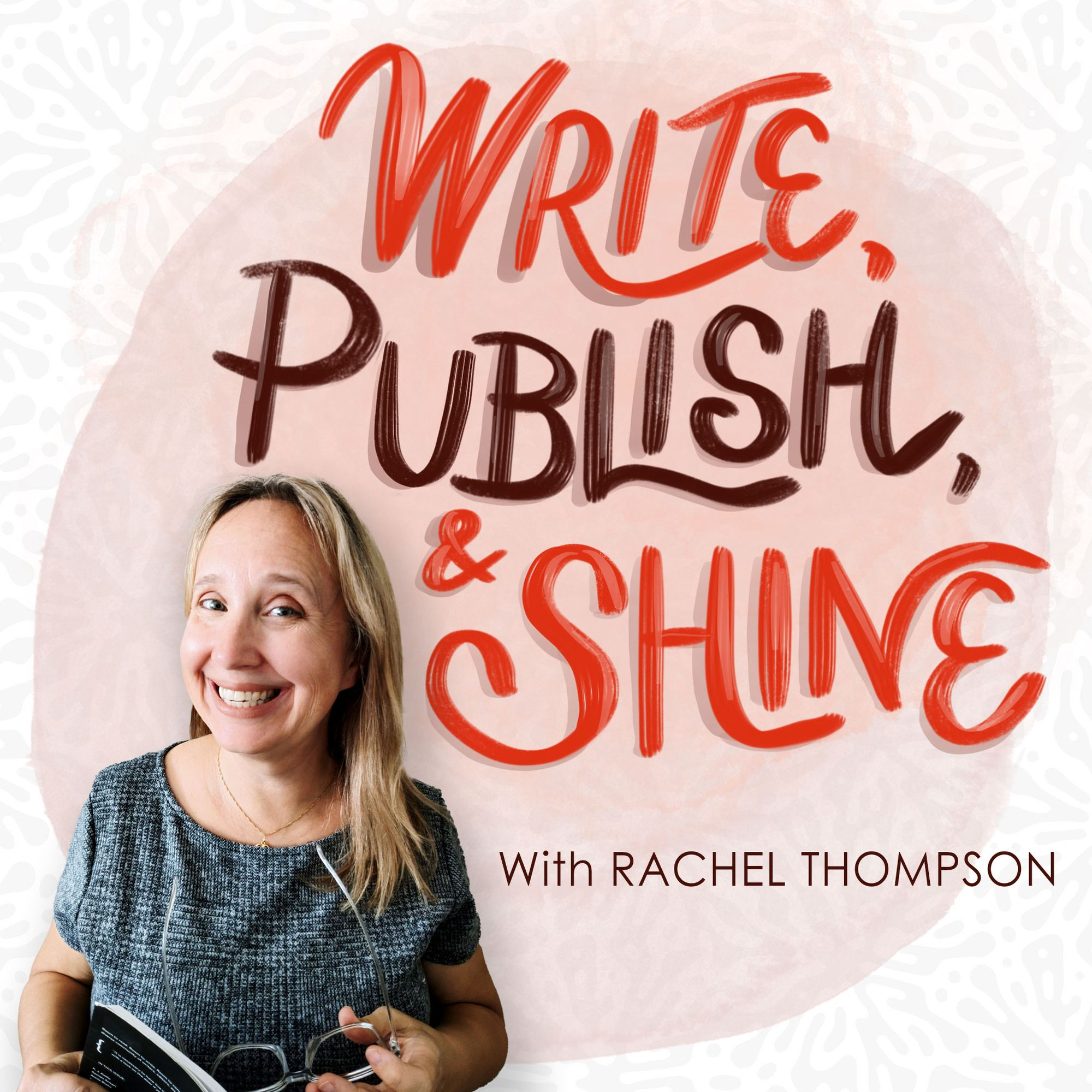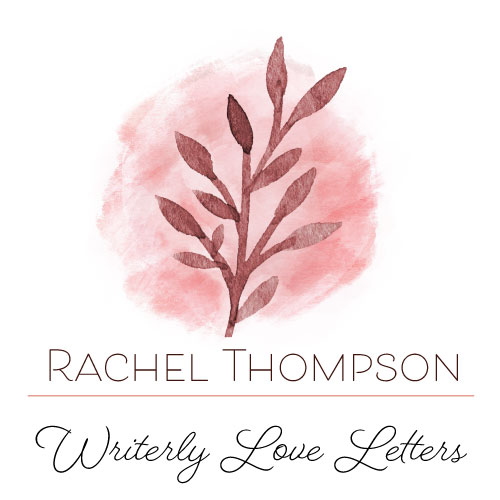
The Write, Publish, and Shine Podcast
A podcast for emerging writers who want to publish and shine, from literary magazine editor, Rachel Thompson.
Recent Episodes
113 // Revising With Love
Dive deep into the art of revision as I share why revising is where the real magic of writing happens and how to approach it with love and enthusiasm. The episode includes practical strategies from my Revision Love Workbook. Listen for tips and exercises to help...
112 // How to Get Published: Stay Organized
I'm thrilled to share the final episode of our series on getting published in literary magazines! Over the past ten episodes, we've covered everything from finding inspiration in submission calls to handling rejections and staying organized. This journey has been...
111 // How to Get Published: Don’t Rush
In this episode, I delve into a crucial aspect of the writing process that's often overlooked: the importance of not rushing. Drawing from my experiences as both an editor and a writer, I share insights on why giving your work time to breathe can lead to more...
110 // How to Get Published: Handle Rejections However You Want
In this mini-episode, “Handle Rejections However You Want,” I dive into strategies for dealing with the inevitable rejections we face as writers. Drawing from my 14 years on Room's editorial collective and my work with luminous writers, I offer insights on turning...
109 // How to Get Published: Seek (The Right Kind of) Feedback
In this episode, I share insights on seeking the right kind of feedback for your writing, drawing from my 14 years of experience on Room’s editorial collective. Discover how to engage with a supportive writing community, polish your work before submission, and...
108 // How to Get Published: Immerse Yourself in Your Genre
In this episode of the Write, Publish, and Shine podcast, we’re diving into how genre immersion can elevate your writing for literary magazines. Get ready for practical tips on deeply engaging with your genre—everything from reading widely and analyzing what works...
107 // How to Get Published: Write What Haunts You
Dive into the power of writing from your most profound experiences and emotions. In this episode, we explore why writing what haunts you creates more authentic, compelling work. Discover how to identify your haunting themes and embrace your unique voice with real...
106 // How to Get Published: Craft a Compelling Everything
In this episode, I dive into the art of crafting compelling writing from start to finish. We'll explore why it's crucial to maintain engagement throughout your piece, not just in the opening. I'll share strategies for keeping momentum in the middle of your work,...

Warm Weekly Writing Advice
My Writerly Love Letters are filled with motivating ideas, prompts, and practice notes. Sent each Wednesday. Subscribe to connect!
Subscribe to the podcast
To listen regularly to the podcast, it's much more convenient to subscribe. Here are some ways to do this:
